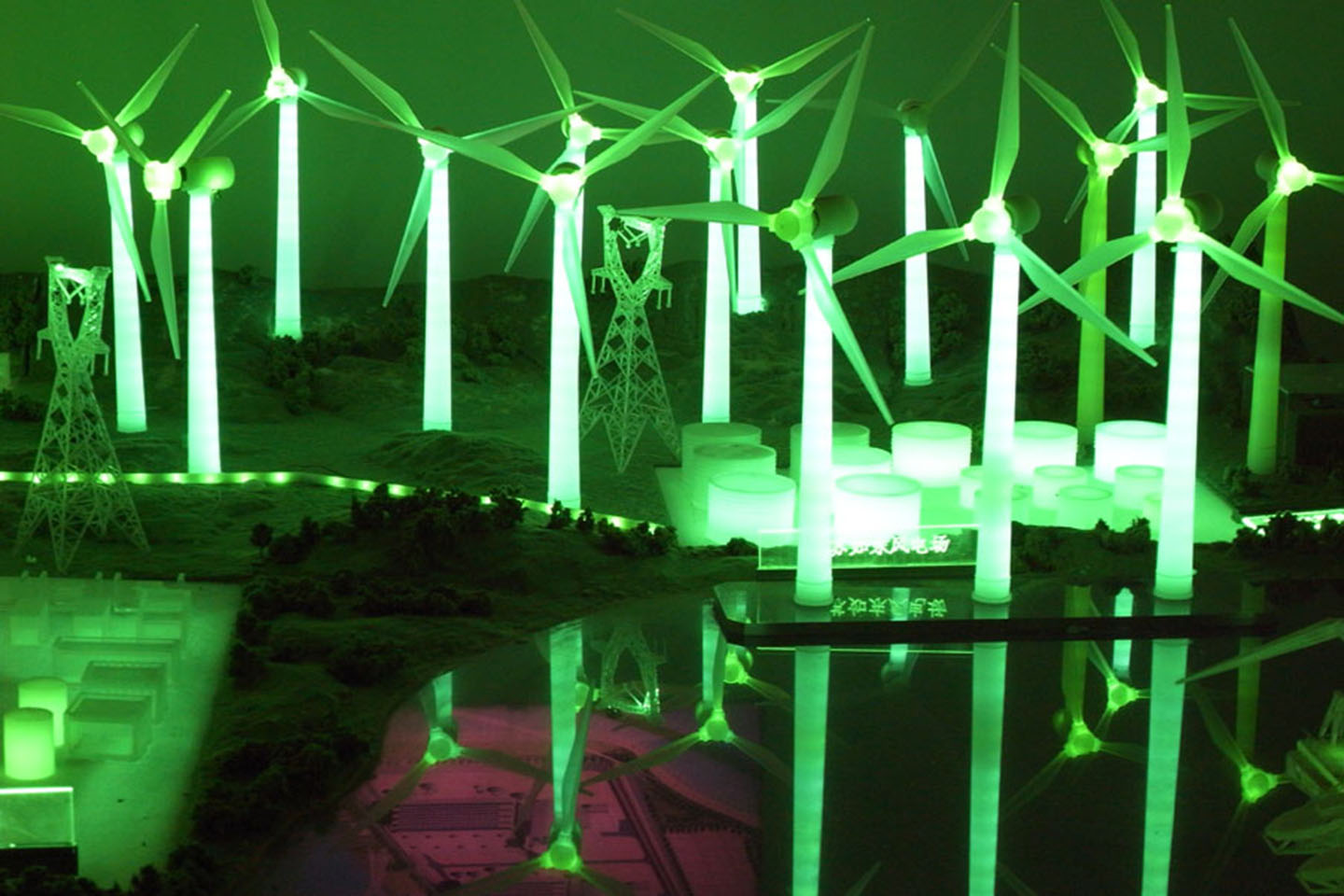China’s Eco-Cities and their Challenges
Adrian Smith + Gordon Gill Architecture has recently revealed plans for a massive eco-city project dubbed “Great City” in Chengdu. The excessiveness of the project raises some doubts about its feasibility and ultimate realization, particularly in light of some of the issues and challenges eco-cities have presented for China in the past. Eco-city projects are frequently proposed and prioritized by Chinese authorities as a response to some of the current challenges facing Chinese cities, but beyond their laudable goals, to what extent are they really achievable?
As Helena Fu (Director of the AECOM China Sustainability Center in Beijing) said in an interview by Caixin, more than 200 development projects in China include self-proclaimed “eco-cities”, yet among them, many plans ultimately become obsolete or, if realized, are left idle, in spite of their often widespread media coverage and glitzy ad campaigns (such as Dongtan in Shanghai, or Huangbaiyu in Liaoning). Ms. Fu and Mr.Ho, officials in charge of the Sino-Singapore Tianjin eco-city project, which began in 2008, took note of this pitfall.
Fu and Ho instead insist on a more realistic approach, both in terms of cost and environmental objectives. The project is expecting 20% of the energy consumed to be renewable, and that walking and public transport (electric buses and tramways) will represent up to 90% of transportation modes in the city. A 1.5 hour train ride away from Beijing, Tianjin’s eco-city is trying to avoid becoming another ghost town. Its promoters have indicated that the eco-city will be founded on an existing economic base. Tianjin itself has displayed particularly rapid economic growth, its GDP per capita reaching 82,616 yuan in 2011, exceeding that of Beijing and Shanghai. Officials and planners are going to great lengths to densify the economic fabric of the city: many local shops are planned and 50% of the population is estimated to work within the city center, thus supporting commercial activity there. This would eliminate the problem of rush-hour commuting, the main source of traffic jams in large metropolises.
The Tianjin project also reflects the increasing consideration and integration of social factors in China’s urban planning. In an interview, architect Peter Calthrope stresses that China better not adopt America’s suburban model of development. Instead, China should promote street life and culture, which for some is at the heart of Chinese tradition.
Despite this encouraging note, an earlier article published by Peng Liguo presents heavy criticism from several experts that suggest Chinese projects serve simply as testing grounds and laboratories of urban planning and architecture for western development firms who gain profit, expertise, and notoriety regardless of the final result. In the case of Tianjin, founder of the Association of Australian Eco-cities Francis Paul Downton is optimistic, but the inventor of the concept of the eco-city, Richard Register, does not share his opinion. Register notes his regret for one project that he considers sold off by authorities who have largely reduced its initial environmental requirements.
The realization of eco-city projects largely depends on local governments who are directly facing the negative consequences of urbanization. But if, as Mr. Zhang, general secretary of the Tianjin party, says, only some decision makers are inclined to invest in sustainable projects, a political setback might sometimes be sufficient to put an end to these tentative interests. Indeed, this is what happened in Dongtan, according to the Chairman of Arup, the UK engineering group in charge of development. These criticisms seem to reflect the fragility of these sustainable development projects in China. For now, it appears that we can only highlight their contradictions while waiting for a success story that will validate China’s commitment to sustainability and environmental issues.
-
2012/11/22

-
Chengdu

-
Modu Team


the other map
Explore arrow
arrow
loading map - please wait...




